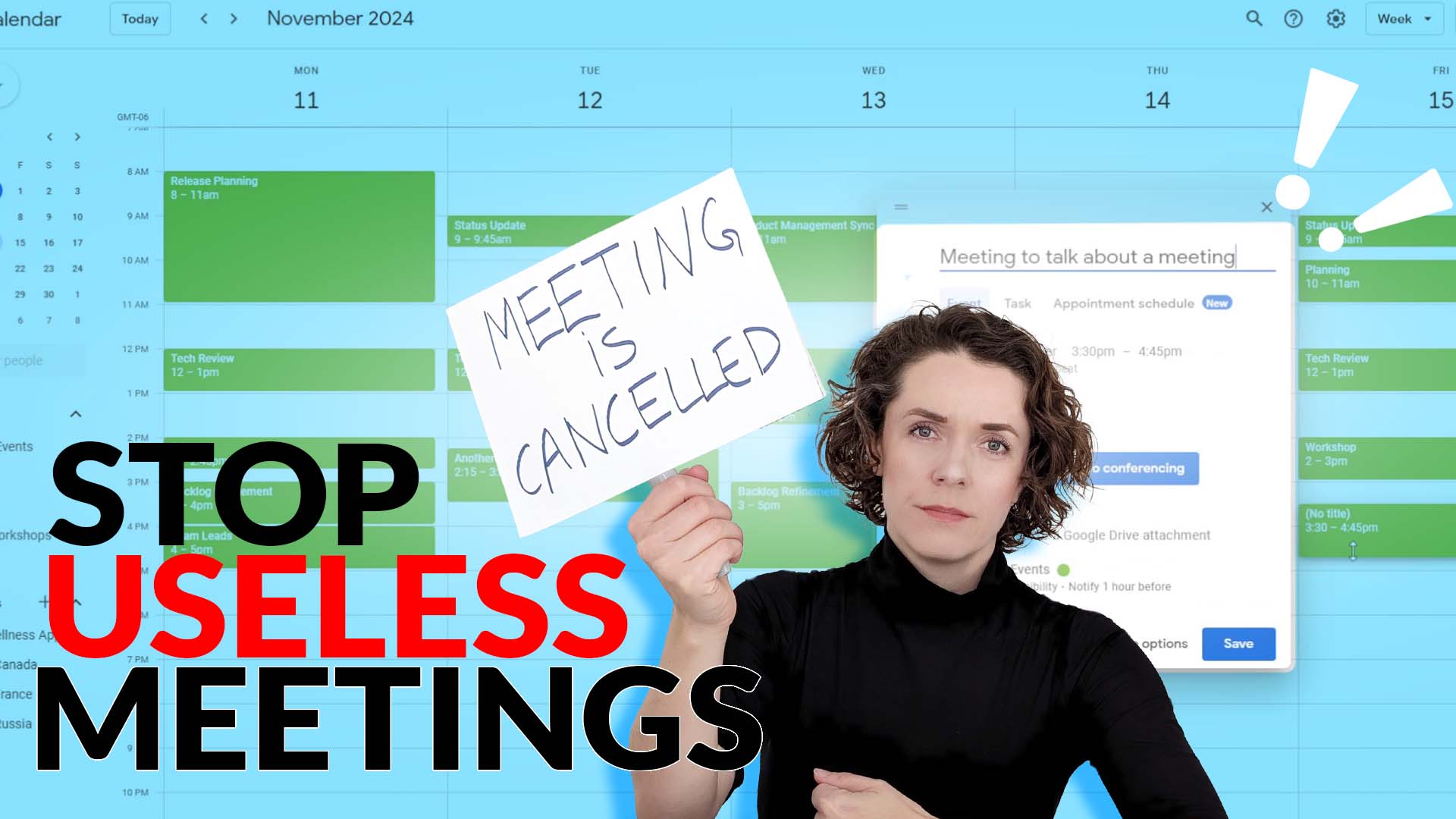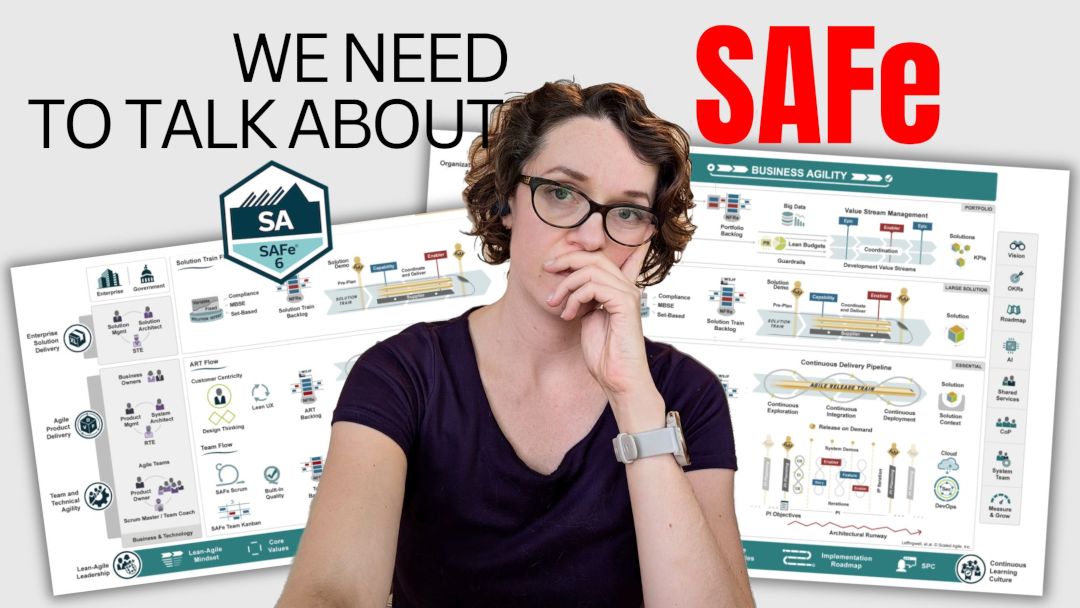How do you handle operational tasks in Scrum?
That is a question that was asked in one of the previous Lean Coffee session we held. It’s an unusual question, only for the reason that for me I don’t see an issue between Scrum and operational tasks.
Watch the video to learn what you can do with tasks that are not exactly part of your product development, but still need to be done by your team.
There are many examples of it: meetings, training, retrospective commitments, audit, processes, and more.
What kind of tasks does your team need to do that does not exactly qualify as product development?
(take a pause here and leave a comment below)
The important note to take here is that any tasks that a team has to accomplish, is something that is important for the team or the organization. While it might not be directly impacting the product itself, it is necessary and valuable.
The first thing to do about these tasks is to account for them. Make sure they are transparent, visible, and understood by everyone.
As long as you know that these tasks need to get done, you will be able to plan better. At the end of the day, this is what it is all about.
Remember, that all work that the team has to do happens within a Sprint. There is no “admin tasks” Sprints or “mandatory compliance training” Sprints in Scrum.
Your team still has to deliver a Done Increment at the end of every Sprint. If operational tasks are getting in the way, make sure you plan for it. Same as you would do if someone is on vacation. That reduces capacity.
Also pay attention to which operational tasks are general tasks (say, meetings) and which ones are actually required to be completed for the product to be considered Done (for example, mandatory audit approval).
Remember, anything that we have to do on our Product should be captureed in the Product Backlog.
Operational task or not, it is up to the Scrum Team to decide how to manage them best. You might try to capture them in the Sprint Backlog, or just write them down on a sticky note.
There is no guideline in Scrum that tells us how to do it. But we need to be able to monitor our progress towards goals.
Whatever helps your team get there is the way to go.
Since there is no one-size-fits-all solution, I’m curious to know: in your team, how do you approach managing operational tasks that are not related to product development?
Share your insights in the comments below.



